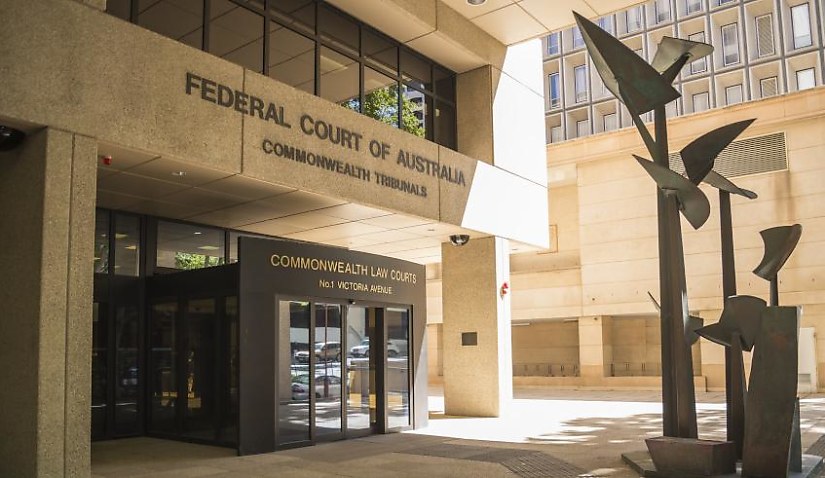Powered by MOMENTUM MEDIA
Over recent years, courts have been divided over the ability to grant common fund orders (CFOs). Now, the Full Court is set to make a decision that may or may not “revive” CFOs.

Recently, in a judgment handed down on the case of Davaria Pty Limited v 7-Eleven Stores Pty Ltd, the Federal Court decided it did not hold power to make a CFO — meaning it could not order group members in the class action to contribute to the fees of the case.
The Full Court hearing will take place on 6 March.
Again, the question has been raised: “Does the court have the statutory power, pursuant to s 33V of the Federal Court of Australia Act 1976 (Cth), to make an order distributing money paid under a settlement in the form of a ‘Settlement CFO’.”
Barrister Eliot Olivier of 5 Wentworth Chambers commented on the divergent decisions in relation to the court’s capacity to grant CFOs. “There is now a clear split within the court on this issue, following recent decisions in which other judges have made common fund orders at settlement,” he submitted via LinkedIn.
Lawyers Weekly spoke with two partners to understand their predictions of what the Full Court might decide and the outlook of CFO judgments going forward.
Jason Betts, partner and global co-head of class actions at Herbert Smith Freehills, said: “It would be surprising if a Full Court of the very jurisdiction that first gave life to CFOs was itself to decide that it lacked the power to do so.
“It is likely that settlement CFOs return from their short hiatus.”
Mr Betts explained that there could be a return to the “status quo — i.e. that funders can obtain a commission from a settlement or judgment amount at the end of a proceeding, irrespective of whether they have contracted with individual group members”.
“It will continue to render the Federal Court an attractive jurisdiction for third-party-funded class actions, even though that jurisdiction is now met with serious competition from the Supreme Court of Victoria, which exclusively offers contingency fees to class action lawyers.
“In fact, even if settlement CFOs are revived next week, the Supreme Court of Victoria will likely remain the jurisdiction of choice in class actions,” he mused.
Mr Betts continued: “Whatever one’s position on the validity of CFOs, it is unfortunate that there remains distinct differences between class action courts as to the appropriate approach to questions of how class actions should be funded.”
“Even if settlement CFOs are revived, the position will be that Victoria, with its contingency fee regime, remains the likely jurisdiction of choice for class action plaintiff firms, at least the larger ones,” he explained.
“The Federal Court likely resumes its position as the jurisdiction of choice for third-party-funded claims, assuming CFOs still exist.
“Parties in the Supreme Court of NSW grapple with an inability to close a class, having implications for the practicality of achieving settlements,” Mr Betts commented. “And other jurisdictions are still to work through their position on these and other core funding and quantum issues.”
“The lack of uniformity in what is — in reality — a national class action regime in Australia is sub-optimal.”
Greg Williams, Clayton Utz partner in the national commercial litigation team, also spoke to Lawyers Weekly about what he predicted the Full Court might decide.
“As the Full Court includes two judges who have been reported as saying that the court likely has the power to make a common fund order when approving a settlement, it seems probable that is what the Full Court will conclude,” he said.
“The Full Court’s decision is, by definition, the correct decision unless and until the High Court says otherwise.
“We see signs that the market for funding of class actions has already rebounded strongly from the dip experienced as a result of the Brewster decision and the previous government’s proposed reforms.
“Confirmation at an appellate level of the availability of common fund orders will only consolidate that trend.”